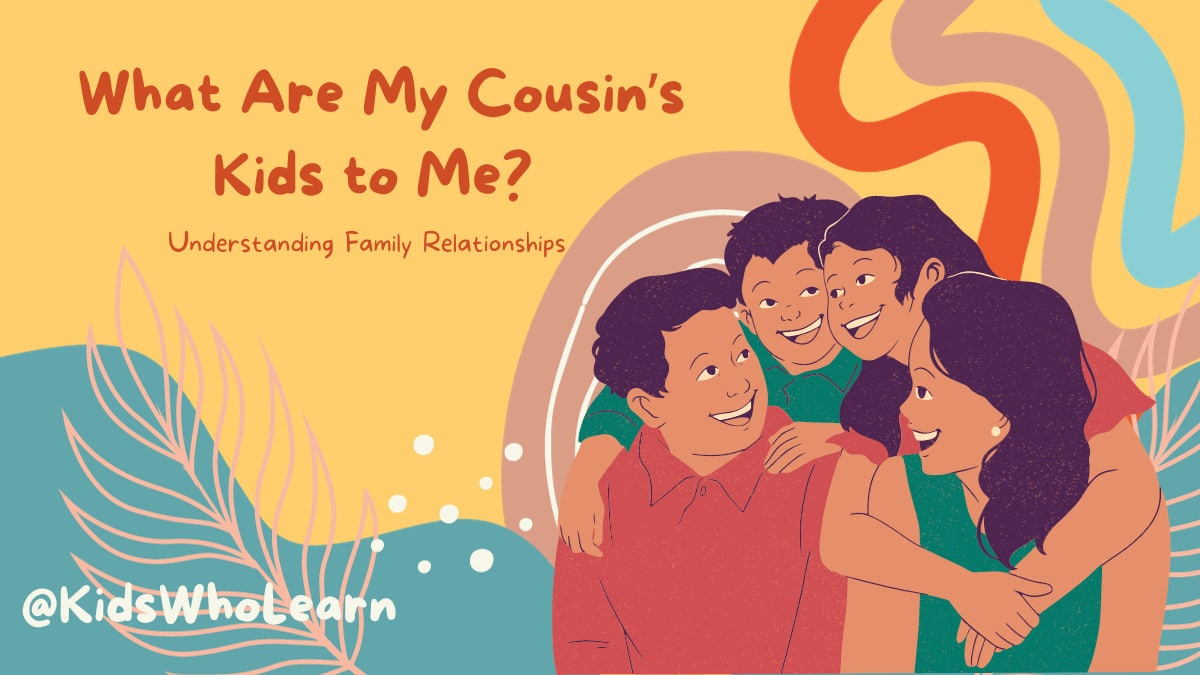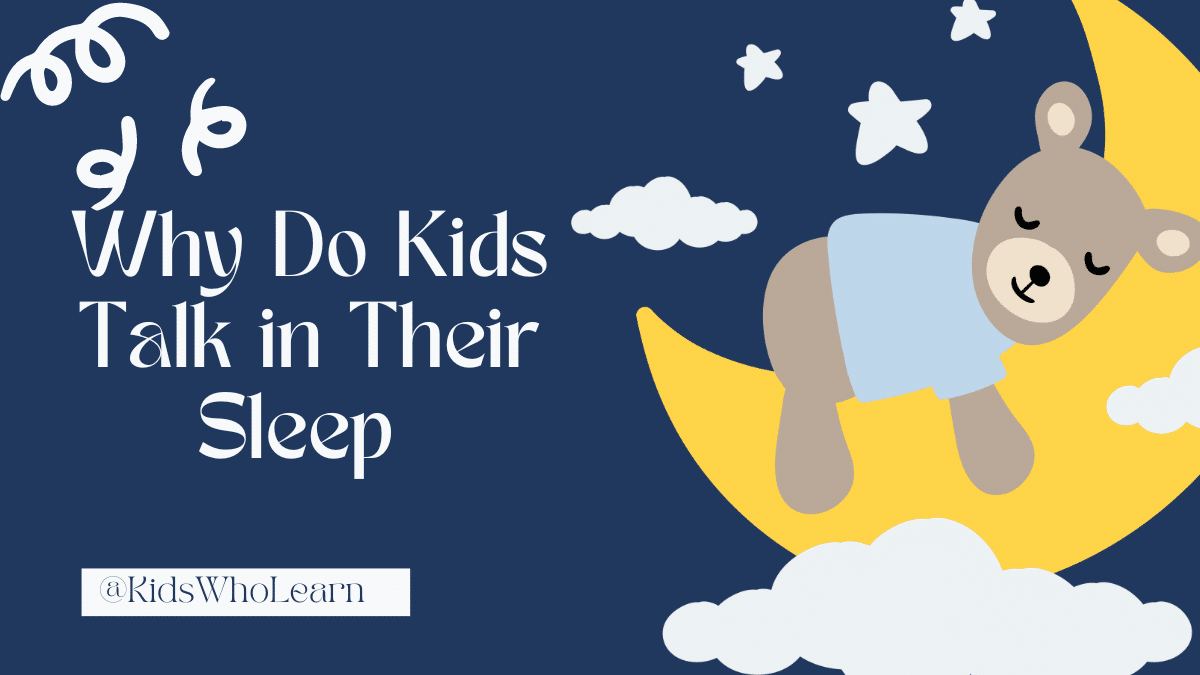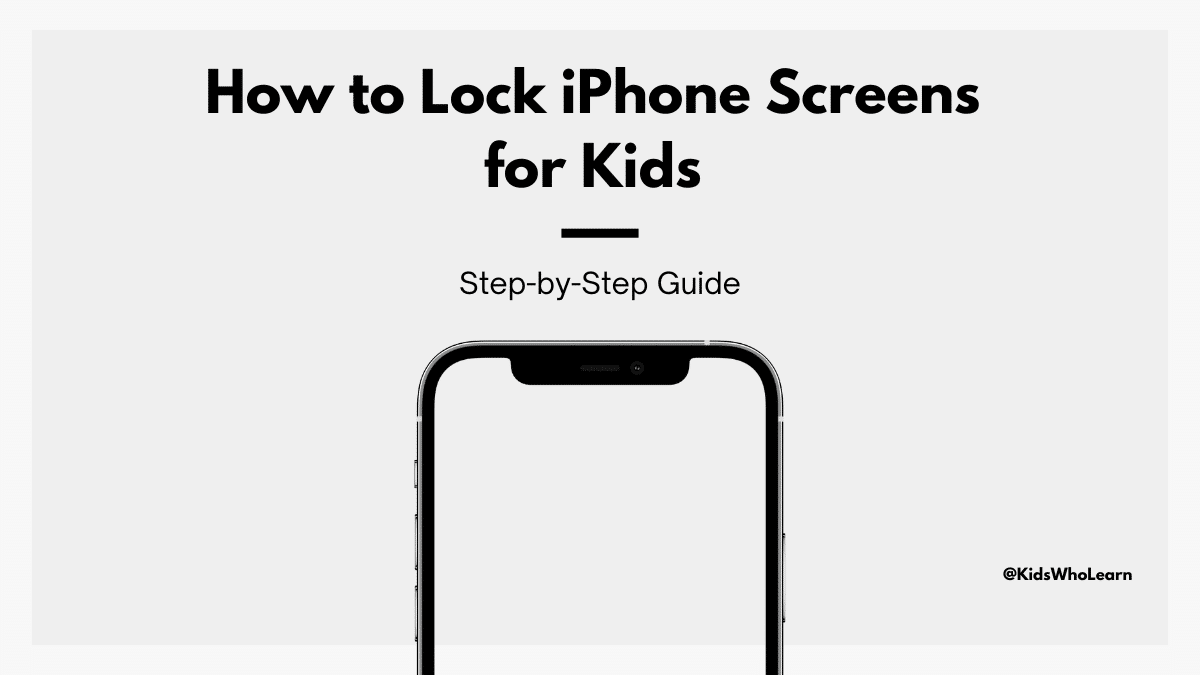Have you ever found yourself wondering what to call your cousin’s children? Are they your second cousins? Or maybe just your cousins once removed? Family relationships can be confusing, especially when it comes to extended family members. In this article, we will explore the topic of cousin relationships and answer the question, “What are my cousin’s kids to me?”
Understanding family relationships can be tricky, but it’s important to know how you’re related to your family members. Cousins are the children of your parents’ siblings, and they share the same grandparents as you. But what about your cousin’s children? The answer depends on how many generations separate you from your cousin. In this article, we will break down the different types of cousin relationships and explain what to call your cousin’s kids.
So, whether you’re planning a family reunion or just want to understand your family tree better, read on to learn more about cousin relationships and how to navigate them.
Understanding Family Relationships
Family relationships can be a bit confusing, especially when it comes to extended family members. For instance, you may be wondering what your cousin’s kids are to you. Well, the answer is simple: your cousin’s kids are your first cousins once removed.
To break it down, your cousin’s kids are your first cousins because they are the children of your first cousin. However, they are once removed because they are one generation removed from you. This means that your cousin’s kids are part of your extended family, but not as closely related to you as your first cousins.
It’s important to understand these family relationships, as they can help you navigate family gatherings and events. For example, if you’re attending a family reunion, you’ll know that your cousin’s kids are part of your extended family and can interact with them accordingly.
In summary, your cousin’s kids are your first cousins once removed. While they may not be as closely related to you as your first cousins, they are still an important part of your extended family.
Cousins Explained
If you’re unsure about the different types of cousins, don’t worry, you’re not alone. Cousins can be a bit confusing, but once you understand the different types, it becomes much simpler.
First Cousins
First cousins are the children of your parents’ siblings. In other words, if your aunt or uncle has a child, that child is your first cousin. First cousins share a set of grandparents, and they are often close in age and grow up together.
Second Cousins
Second cousins are the children of your parents’ cousins. In other words, if your parent’s cousin has a child, that child is your second cousin. Second cousins share a set of great-grandparents. They are often more distantly related and may not see each other as frequently as first cousins.
Third Cousins
Third cousins are the children of your parents’ second cousins. In other words, if your parent’s second cousin has a child, that child is your third cousin. Third cousins share a set of great-great-grandparents. They are even more distantly related than second cousins and may not even know each other.
Remember, the term “cousin” can be used to refer to any relative who is not a sibling, parent, or grandparent. However, when people talk about cousins, they are usually referring to first, second, or third cousins.
What Are My Cousins’ Kids to Me
When it comes to family relationships, it can be confusing to know exactly how to refer to your extended family members. For example, what do you call your cousins’ children? Are they your second cousins or something else entirely? In this section, we’ll explore the answer to this question.
First Cousins Once Removed
Your cousins’ children are actually your first cousins once removed. This means that they are one generation removed from your first cousins, who are your parents’ siblings’ children. For example, if your aunt has a child, that child is your first cousin. If that first cousin has a child, that child is your first cousin once removed.
The Concept of ‘Removed’
The concept of ‘removed’ can be a bit confusing, but it’s actually quite simple. The term ‘removed’ simply refers to the number of generations between you and your cousin’s child. For example, if your cousin’s child is one generation away from you, they are your first cousin once removed. If they are two generations away from you, they are your second cousin once removed.
It’s important to note that the term ‘removed’ is always used from the perspective of the cousin who is further away from the common ancestor. So, if you are the one who is further away from the common ancestor, you would refer to your cousin’s child as your first cousin once removed. If you are the closer cousin, you would simply refer to them as your cousin’s child.
Overall, understanding the relationship between your cousins’ children and yourself can be a bit confusing, but it’s important to know the correct terminology. By using the term ‘first cousin once removed’, you can be sure that you are referring to your cousin’s child in the correct way.
Cultural Variations of Cousin Relationships
Cousin relationships vary across cultures, with some placing a greater emphasis on these familial connections than others. In some cultures, cousins are considered as siblings, while in others, they are seen as distant relatives.
For example, in many Middle Eastern cultures, cousin relationships are highly valued, and it is common for cousins to marry each other. In fact, in some countries, such as Saudi Arabia, up to 50% of marriages are between cousins. This is because these cultures place a strong emphasis on maintaining family ties and preserving bloodlines.
In contrast, in Western cultures, cousin relationships are generally not as significant. While cousins may be close and have a special bond, they are not typically seen as immediate family members. However, this varies depending on the family and the individual’s personal experiences.
In some cultures, such as in Japan, there are specific terms used to differentiate between different types of cousins. For example, there is a distinction between older and younger cousins, as well as between maternal and paternal cousins. This reflects the importance placed on family relationships and the role that cousins play in Japanese society.
Overall, the significance of cousin relationships varies greatly across cultures, and it is important to understand these differences when interacting with people from different backgrounds.
Conclusion
In summary, your cousin’s kids are your first cousins once removed. While they may not be as close as your first cousins, they are still family and can be an important part of your life.
It’s important to remember that family relationships can be complex and vary from person to person. Some people may feel very close to their first cousins once removed, while others may not feel as connected.
Regardless of how you feel about your cousin’s kids, it’s always a good idea to maintain a positive relationship with them. You never know when you may need their support or when they may need yours.
Overall, the most important thing is to treat your cousin’s kids with kindness and respect. They are family, after all, and family is something to be cherished.
Frequently Asked Questions
What is the relationship between my cousin’s child and me?
Your cousin’s child is your first cousin once removed. This means that they are one generation removed from you. They are the child of your cousin, who is the child of your aunt or uncle.
What do I call my cousin’s sister’s daughter?
Your cousin’s sister’s daughter is also your first cousin once removed. You can call her by her name or simply refer to her as your cousin’s niece.
What is a first cousin once removed?
A first cousin once removed is the child of your first cousin or the parent of your second cousin. They are one generation removed from you.
What is the relationship between my dad’s cousin and me?
Your dad’s cousin is your second cousin. This means that they are the child of your grandparent’s sibling. You share great-grandparents with your second cousin.
Who is considered my second cousin?
Your second cousin is the child of your grandparent’s sibling. You share great-grandparents with your second cousin.
If my cousin has a child, what relationship do I have to the child?
If your cousin has a child, that child is your first cousin once removed. They are one generation removed from you.







